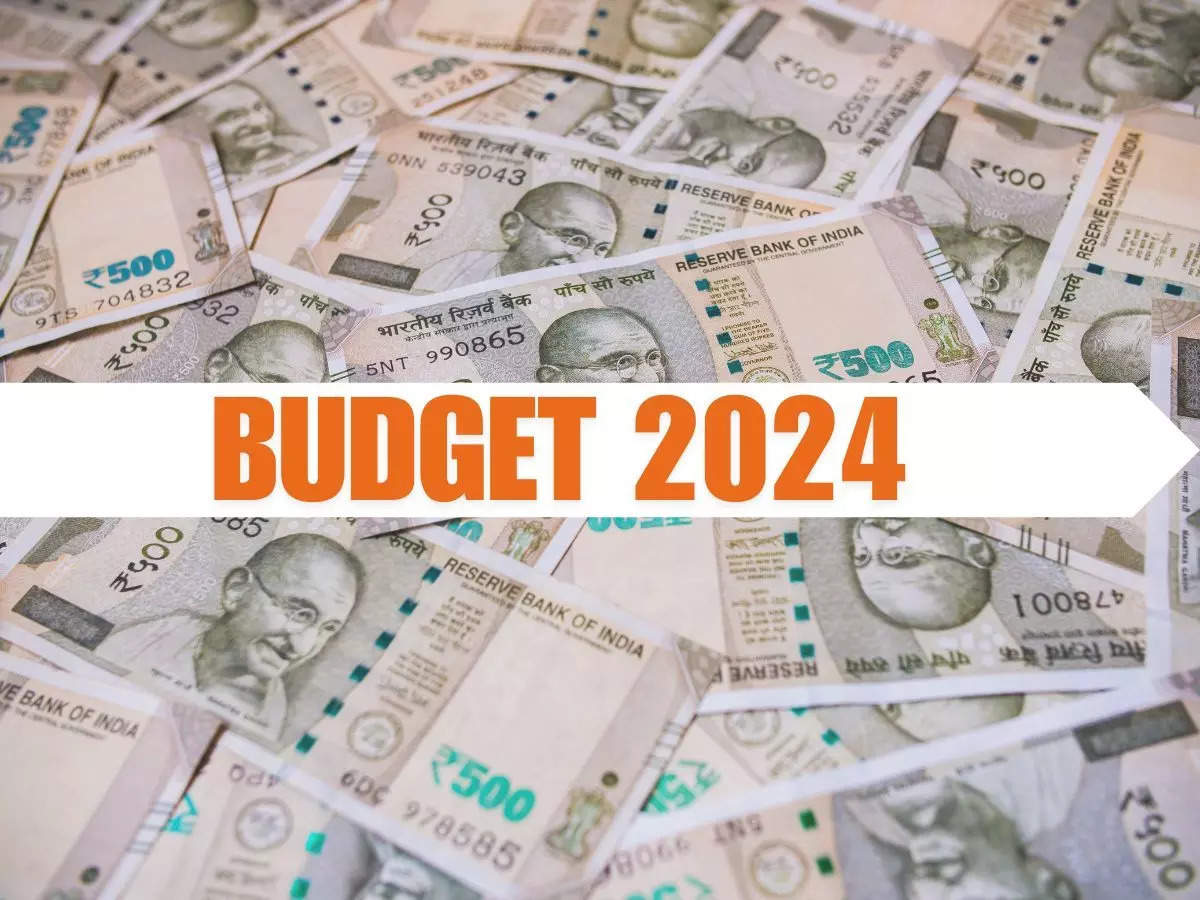Will Budget 2024 pivot to populism? Here’s what Goldman Sachs analysts predict
Amid investor concerns over potential fiscal policy shifts towards welfare spending, Goldman Sachs holds a contrary view, citing limited fiscal room due to high public debt. They emphasize India's infrastructure improvements, suggesting policymakers may prioritize sustained growth over short-term boosts.
Despite growing concerns in the investor community that coalition politics might force Finance Minister to relax the fiscal consolidation path and pivot towards welfare spending from capex, global brokerage firm Goldman Sachs is expecting the contrary."We expect the general government to stick to the announced of 5.1% of GDP for FY25 (or even slightly lower) and announce further consolidation to a deficit of below 4.5% of GDP by FY26. Even if we see some expenditure allocation towards welfare spending, it may not require a reduction in capex, given the higher than expected dividend transfer from the RBI," Goldman's Santanu Sengupta said in a report.
Stating that there is limited fiscal space to stimulate the economy given high public debt, he said India’s infrastructure upgrades have created long-term positive growth spillovers which policymakers may not be willing to give up.
The central government’s fiscal impulse breakdown suggests that the very robust capex CAGR of 31% over FY21-24 resulted in a growth boost, while welfare spending has been a net drag since FY22.
"We think this will go beyond just fiscal numbers, and likely make an overarching statement about the long-term economic policy of the government towards 2047 (100 years of Indian independence). We see an emphasis on job creation through labor-intensive manufacturing, credit for MSMEs, continued focus on services exports by expanding GCCs, and a thrust on domestic food supply chain and inventory management to control price volatility," Goldman said.
The Budget is also likely to lay out a path for the future of public finance in India, entailing a roadmap for public debt sustainability, and green finance.
Arguing that it expects a tilt and not a pivot to welfare spending, it said welfare spending and transfer payments had a positive impulse on FY20 and FY21 growth, while subsidies were a significant additional boost to growth in FY21, at the beginning of the pandemic. These have been a net drag since FY22, Goldman said.
Sitharaman is scheduled to present the first Budget of the new government on July 23.
Source: Stocks-Markets-Economic Times
